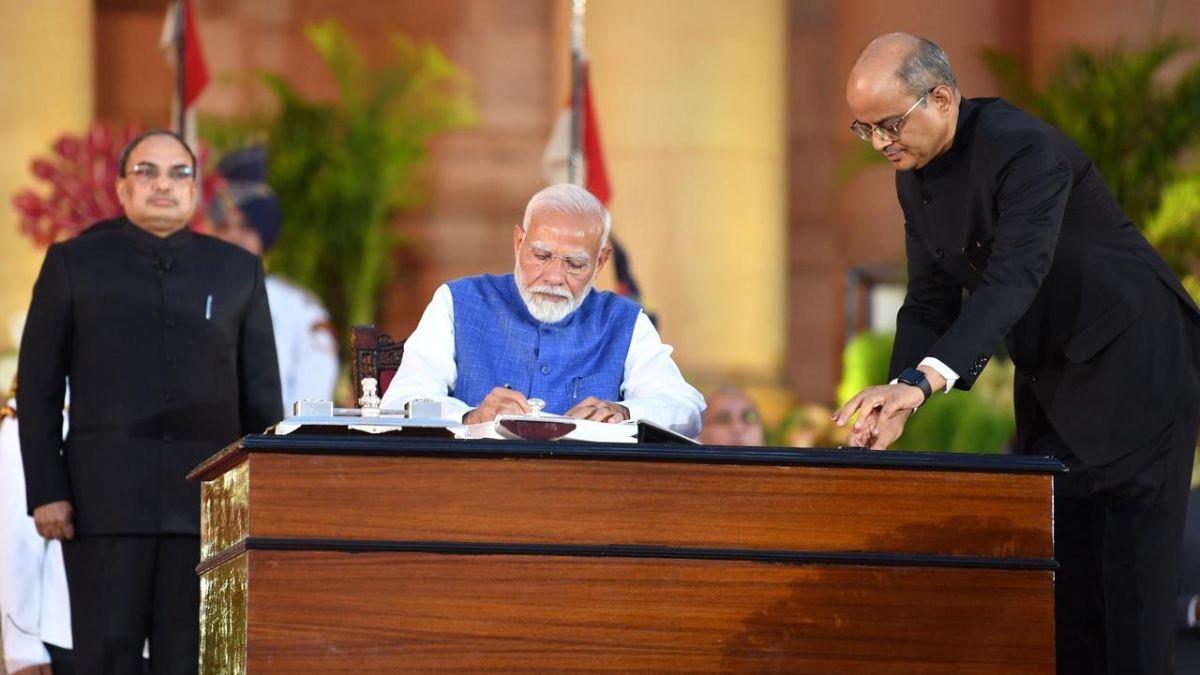The presence of the Indian Prime Minister at the recent G7 Summit has sparked discussions about potential opportunities for India to collaborate with the G7 in countering China’s aggressive and expansionist policies. Italy, the host of this year’s summit, emphasised the need for deeper coordination with the Indo-Pacific region, hinting at India’s pivotal role in this strategy.
A tit-for-tat response to China’s provocations
On its part, India seems ready to confront the China threat head-on. Reports indicate that New Delhi is preparing a tit-for-tat response to China’s provocative actions. In April, China renamed 30 locations in India’s Arunachal Pradesh, a move that was widely condemned by Indian officials. In response, India is planning a similar move.
A list has been compiled by the Indian military establishment to rename over two dozen territories in China’s Tibet region, using ancient names from historical Indian records. This strategic use of historical names is aimed at reinforcing India’s claims and countering China’s narrative.
Role of social media in India’s strategy
India has also taken to social media to challenge China’s renaming efforts. The Indian Army’s Eastern Command recently posted a list of seven areas in Arunachal Pradesh, reaffirming their Indian names in response to Beijing’s attempt to assert Chinese names for these territories. This marks a significant shift in India’s strategy, moving from mere statements of rejection to proactive counter-narratives.
Moving beyond diplomatic rejections
In the past seven years, China has issued four lists, renaming over 60 territories in Arunachal Pradesh. These claims, lacking historical basis and international recognition, have been part of China’s broader strategy to assert its dominance. Beijing even protested a recent visit by the Indian Prime Minister to the state, underscoring its continued provocations.
Impact Shorts
More ShortsEconomic dependence on Chinese goods remains a significant concern for India. Recent reports suggest that India might allow joint ventures with Chinese firms, but only if the Indian partner holds a majority stake. This cautious approach aims to mitigate economic vulnerabilities, as Beijing has a history of using trade as leverage to extract concessions.
G7 Summit: A platform for economic rebalancing
The G7 Summit presents a valuable forum for India to address these economic concerns. The summit’s agenda includes discussions on China’s overproduction and the need to rebalance global supply chains. The G7 is considering raising tariffs on Chinese goods, a move that could have significant implications for global trade dynamics.
For India, this scenario presents both a challenge and an opportunity. Western tariffs on Chinese goods might lead to an influx of Chinese products into India, potentially turning the country into a dumping ground. Therefore, India must advocate for safeguards while also leveraging this global shift to improve trade relationships and rebalance trade equations with the West.
Urgency of a comprehensive strategy
External Affairs Minister S Jaishankar has emphasised the need for more solutions to the border dispute, suggesting that India is considering diverse diplomatic options to address the ongoing challenges posed by China. A comprehensive strategy is necessary to deal with China, involving both territorial and economic dimensions.
Observers note that the weakening Chinese economy provides an opportune moment for New Delhi to capitalise on these changes. By collaborating with like-minded allies and taking a firm stand on economic and territorial issues, India can play a crucial role in countering China’s aggressive policies and asserting its position on the global stage.
)